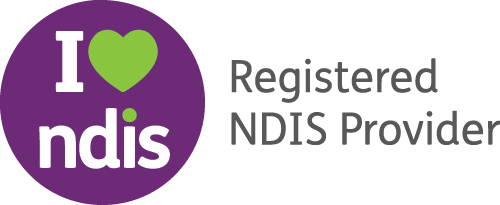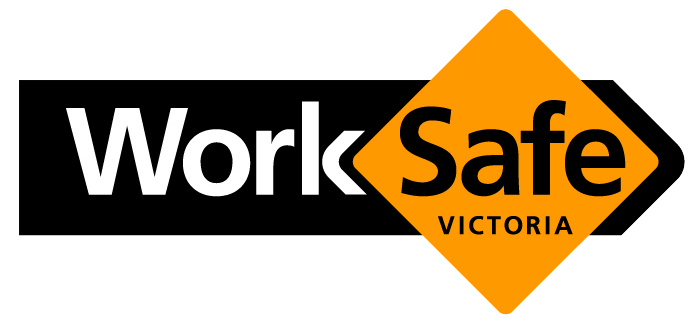NDIS Support Coordination: Top 10 Frequently Asked Questions + How to Know If It’s Right for You
Are you new to the NDIS or wondering how to get the most out of your plan? You’re not alone. One of the most commonly misunderstood parts of the NDIS is Support Coordination, what it is, who it’s for, and how to access it.
In this guide, we’ll answer the most frequently asked questions about NDIS Support Coordination, explain the support coordination's different levels, what kind of evidence you need to request it, and how to tell if a Support Coordinator is the right fit for you.
1. What is Support Coordination?
Support Coordination is a capacity-building support under the NDIS. It’s designed to help you:
- Understand and use your NDIS plan
- Find and connect with the right services
- Coordinate multiple supports
- Build your confidence and independence
- Achieve your goals
2. What are the different levels of Support Coordination?
The NDIS offers three levels of Support Coordination:
Support Connection (Level 1)
Helps you connect with informal, community, and funded supports. The goal is to help you start using your plan effectively.
Support Coordination (Level 2)
Supports you to build the skills to manage your plan, services, and support team more independently. Ideal for people with moderate complexity in their support needs.
Specialist Support Coordination (Level 3)
Designed for people with complex, high-level needs. A Specialist Support Coordinator brings expertise in managing risks, navigating crises, and stabilising support environments.
At Hand in Hand, we specialise in Level 2 and Level 3 support coordination, with deep experience supporting participants with mental health and physical disabilities.
3. Who can get Support Coordination in their NDIS plan?
Not every participant automatically receives this funding. Support Coordination is approved based on:
- The complexity of your needs
- The amount of support you're expected to manage
- Whether you can coordinate supports on your own
- Your goals and circumstances
4. How do I request Support Coordination?
You can ask for Support Coordination:
- During your initial planning meeting
- At your plan reassessment (review)
- When your circumstances change (e.g. hospital discharge, carer stress, new diagnosis)
5. What evidence do I need to get Support Coordination approved?
To increase your chances of getting Support Coordination in your plan, it’s important to provide clear, relevant evidence.
Recommended evidence includes:
- A letter from your GP, psychologist, or allied health professional
- Reports outlining support needs or functional limitations
- Case notes from a previous support coordinator (if relevant)
- A personal statement about why you need help managing your plan
- Documentation of life changes, such as homelessness, carer burnout, or mental health episodes
Being honest and detailed about your challenges is key to building a strong case.
6. What does a Support Coordinator actually do?
A Support Coordinator can help you:
- Understand your plan and how funding works
- Connect with NDIS-registered and community providers
- Organise service agreements
- Troubleshoot issues with services
- Prepare for plan reviews
- Advocate for your needs
- Build your independence and decision-making
7. How do I know if a Support Coordinator is a good fit?
Not all support coordinators are the same, and the right fit makes a big difference.
Signs of a good Support Coordinator:
- Listens to you and respects your choices
- Has strong knowledge of the NDIS
- Is responsive, reliable, and transparent
- Has strong community and provider networks
- Tailors the plan to your goals and preferences
- Keeps you in control
8. What questions should I ask when choosing a Support Coordinator?
To make an informed choice, ask these questions during your first meeting:
- How much experience do you have with participants like me?
- Are you familiar with mental health, psychosocial, or physical disability supports?
- How will you communicate with me, and how often?
- Can you explain how you’ll help me work toward my NDIS goals?
- What happens if I want to change services or need help with a crisis?
- What provider connections do you have in my area?
9. Can I change my Support Coordinator?
Yes. If you’re not happy with your Support Coordinator, you have the right to change providers at any time.
Your NDIS plan is about your life — you don’t need to wait until your plan ends to make a switch. Simply notify your coordinator and choose someone who’s a better fit.
10. How do I get started with Support Coordination?
If you already have funding for Support Coordination, you can contact a provider like Hand in Hand to get started.
If you don’t have funding yet, start gathering the right evidence and speak to your LAC or planner about requesting it at your next review.
Need Support Coordination That Puts You First?
At Hand in Hand Support Coordination, we’re proud to support participants across Melbourne and Victoria with:
- Deep knowledge of the NDIS
- Experience in complex mental health and disability
- Compassionate, goal-focused support
- A strong track record of advocacy and results
Call us today on 1800 841 144. Let’s walk the NDIS journey together.

We hope this blog was useful.
Hand in Hand Support Coordination specialises in personalised NDIS Support Coordination for participants with complex mental health and physical disabilities across Melbourne and Victoria, focusing on Level 2 and 3 support to create tailored support that aligns with goals and budget.




